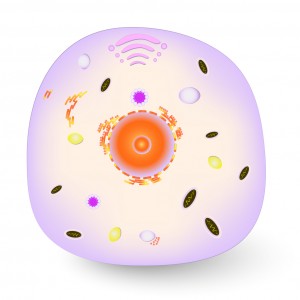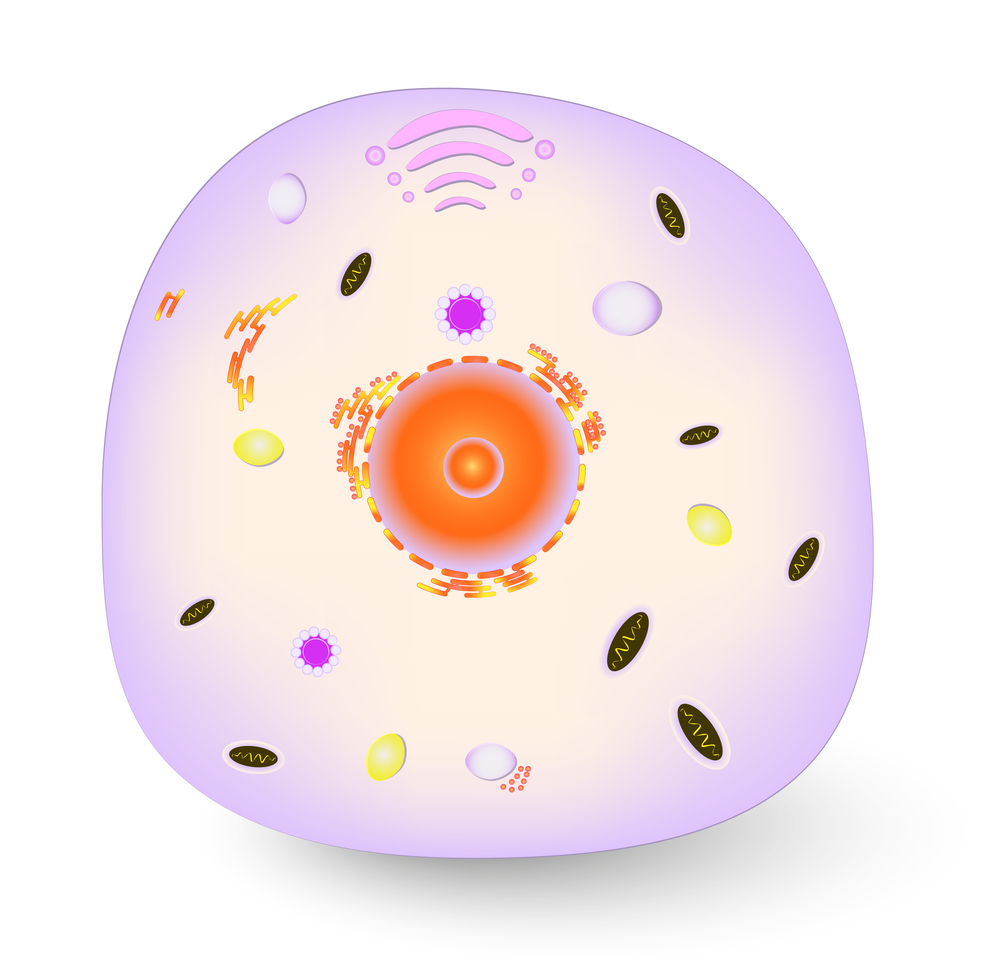 A recent study by Louisiana State University researchers has found that Rab7, a protein regulating lysosomal traffic, has tumor suppressive properties that can lower the invasion and metastatic potential of prostate cancer cells.
A recent study by Louisiana State University researchers has found that Rab7, a protein regulating lysosomal traffic, has tumor suppressive properties that can lower the invasion and metastatic potential of prostate cancer cells.
Tumor invasion usually requires the secretion of proteolytic enzymes, which can occur via the constitutively active secretion pathway or through lysosome-localized proteases.
Previous research has shown that the location of lysosomes within tumor cells is important for cell invasion. As such, when lysosomes are closer to the cell surface, there is an increase in secreted proteases and cell invasion. On the contrary, when lysosomes are located closer to the cell nucleus, tumor cells secrete fewer proteinases and are consequently less invasive.
Cells need different types of GTPases, including Rab7, to regulate motor protein activity and therefore the distribution of lysosomes.
Rab7 can regulate intracellular membrane trafficking and is linked to different types of disease, including cancer, as it can regulate apoptosis (cell death) in response to decreased growth factors. As such, this GTPase has been proposed as a potential tumor suppressor protein.
In this new study, titled “Supporting a Role for the GTPase Rab7 in Prostate Cancer Progression”, and published in PlosOne, the research team found that Troglitazone, an anti-inflammatory drug, could inhibit cell-surface directed lysosome trafficking in a Rab7-dependent manner.
When the team genetically engineered prostate cancer cells to overexpress Rab7, they observed that these cells had an increased invasive profile, both in vitro and in vivo. Also, along with this invasive profile, the cells expressed higher levels of a receptor named c-Met, supporting a role for Rab7 as an intermediary of signaling down-regulation.
“Our results add to the increasing evidence that Rab7 functions as a prostate tumor suppressor and raises the interesting possibility that drugs which promote Rab7 activity may be possible cancer therapeutics. It is tempting to speculate that members of the thiazolidinediones may activate Rab7 and serve as parent compounds for medicinal chemists to modify, creating less toxic derivatives that increase Rab7 activity”, the authors write in their study.

